Carrier Command: Gaea Mission preview Extremely old-school strategy
Vehicular combat via land, sea, and air
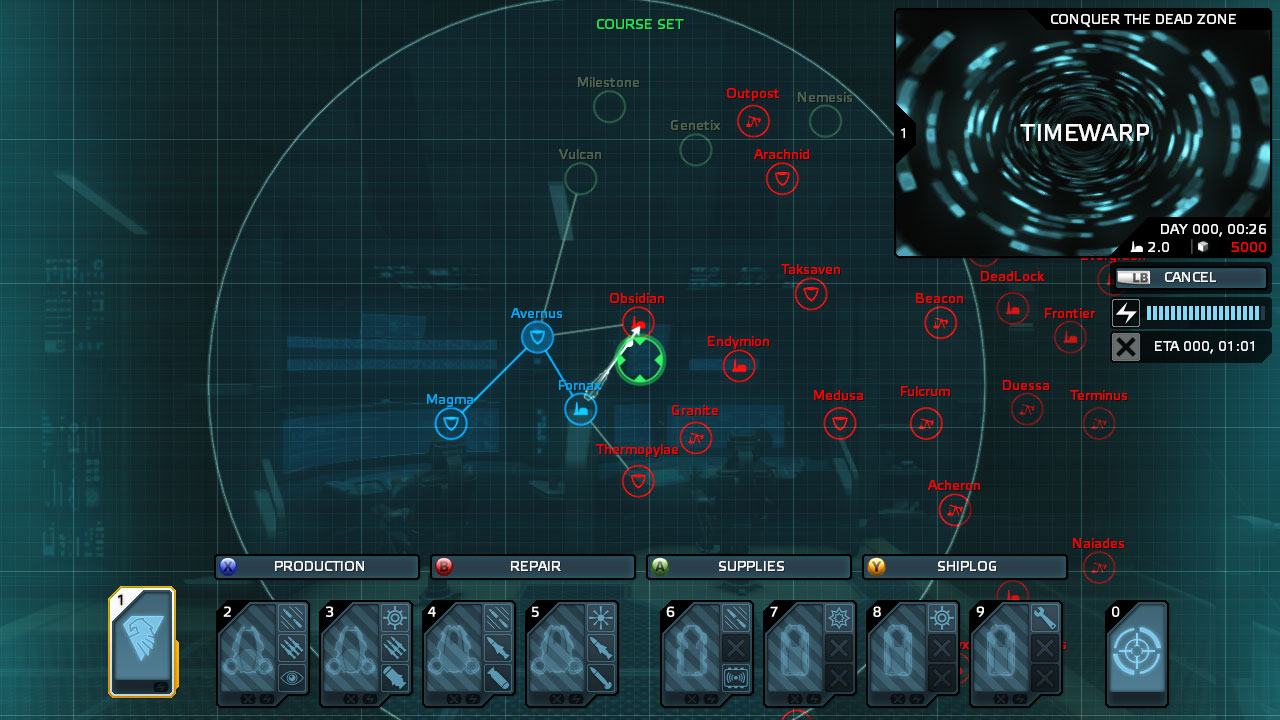
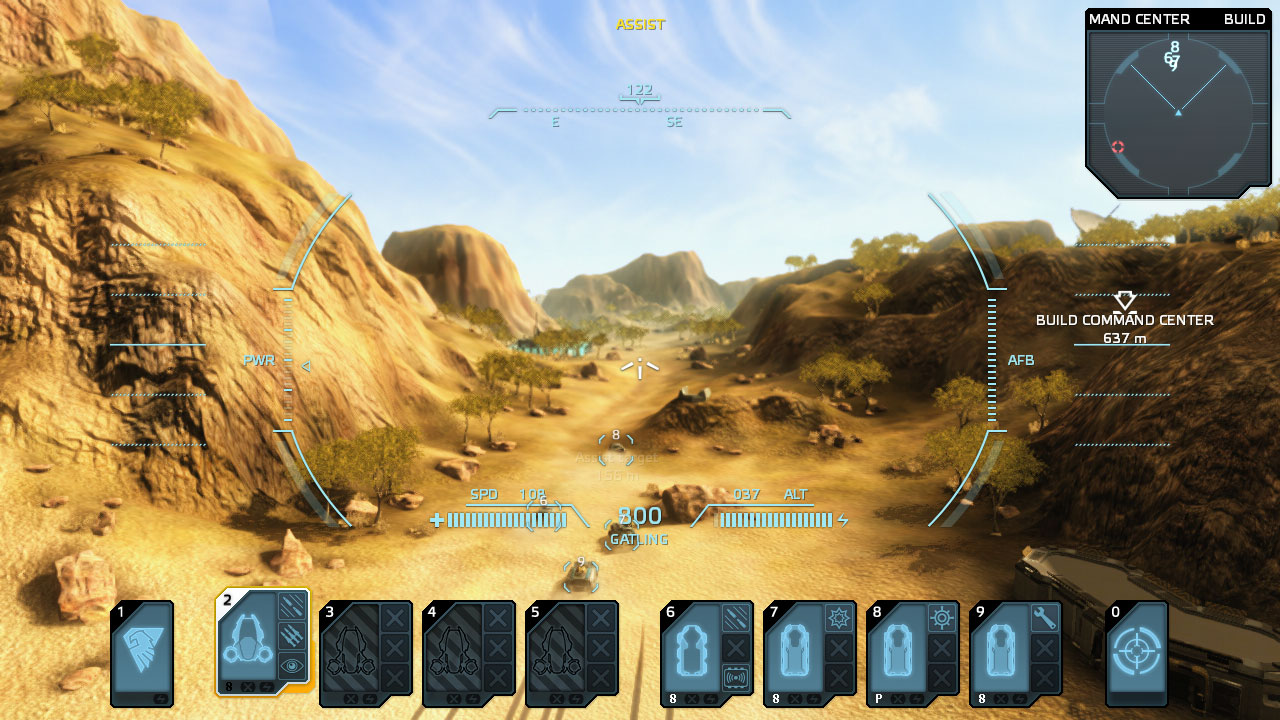
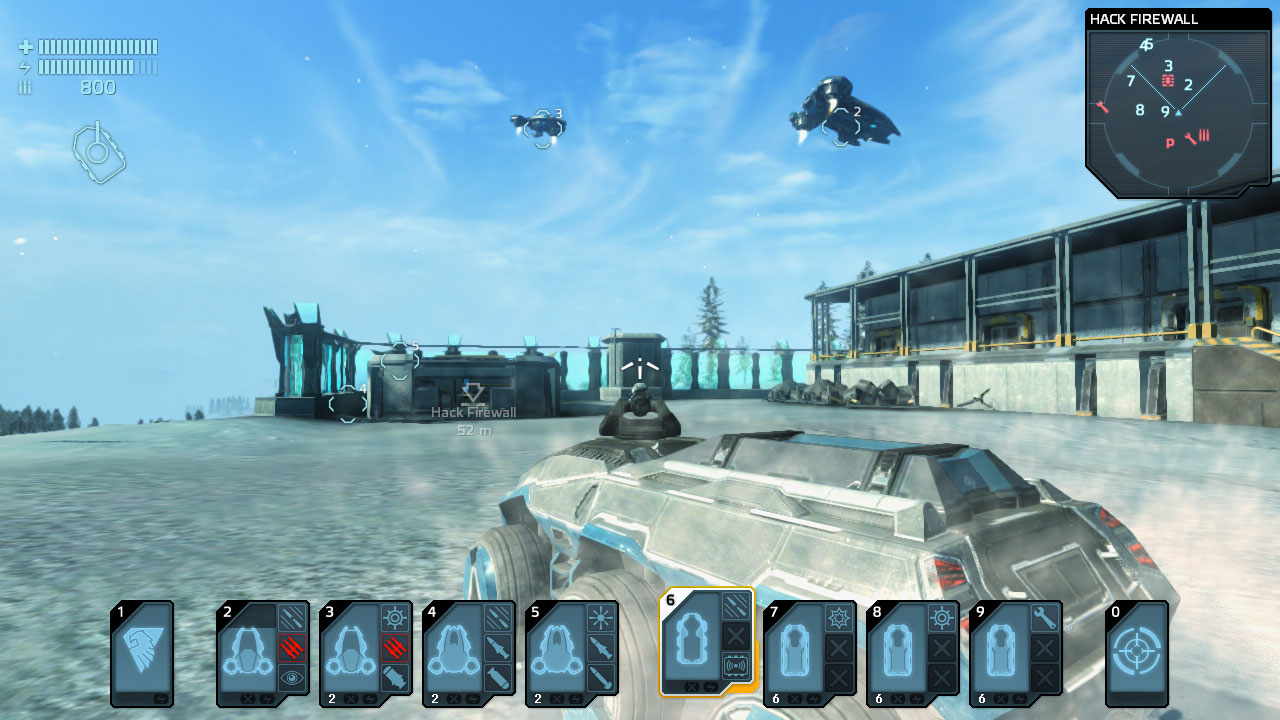
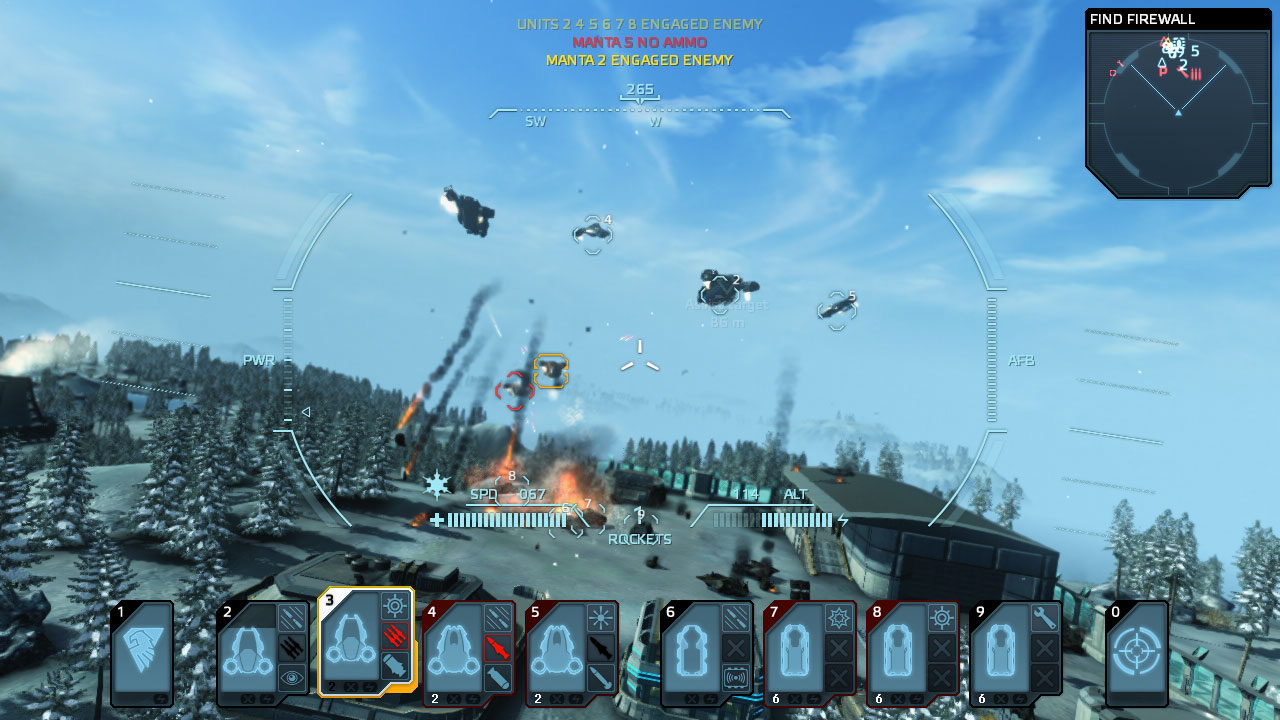
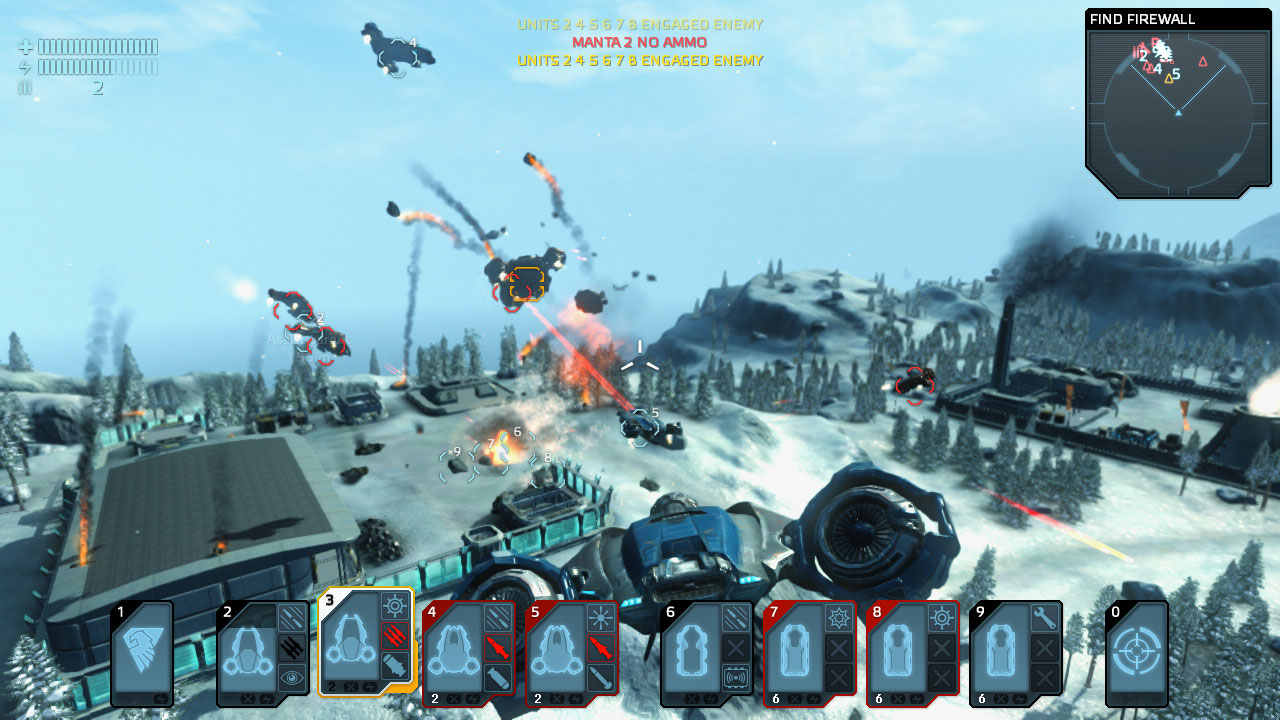
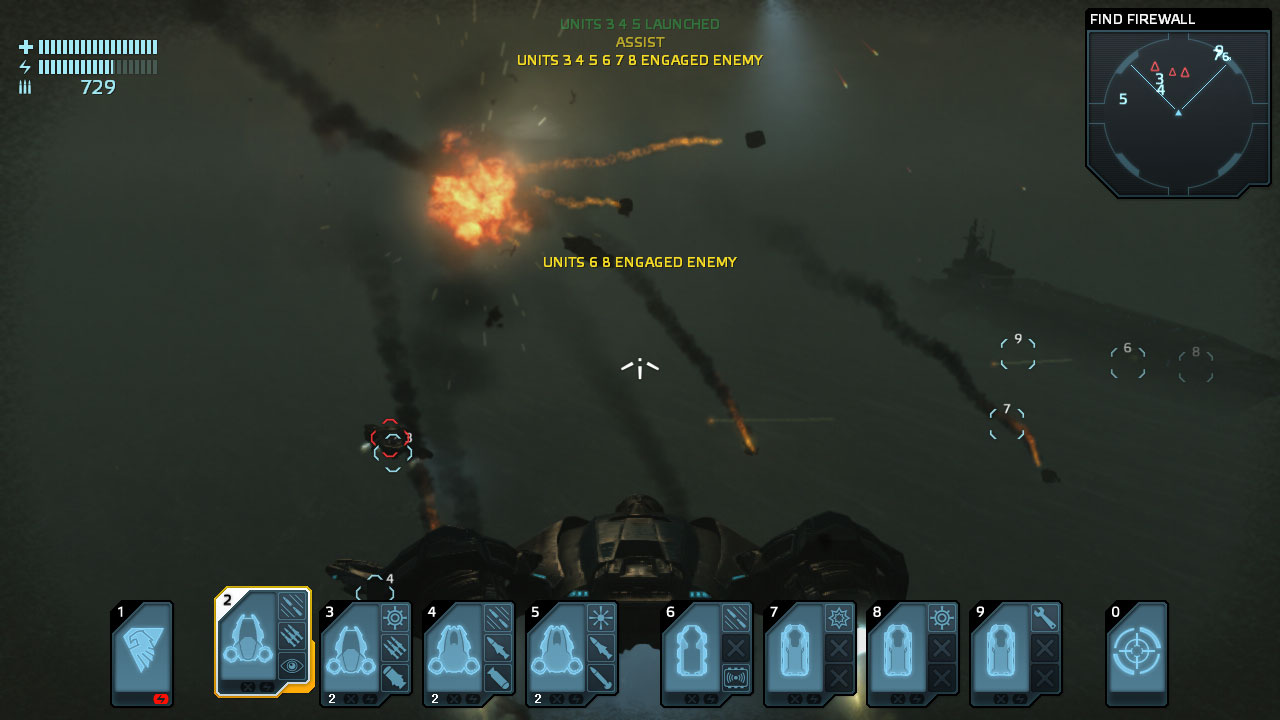
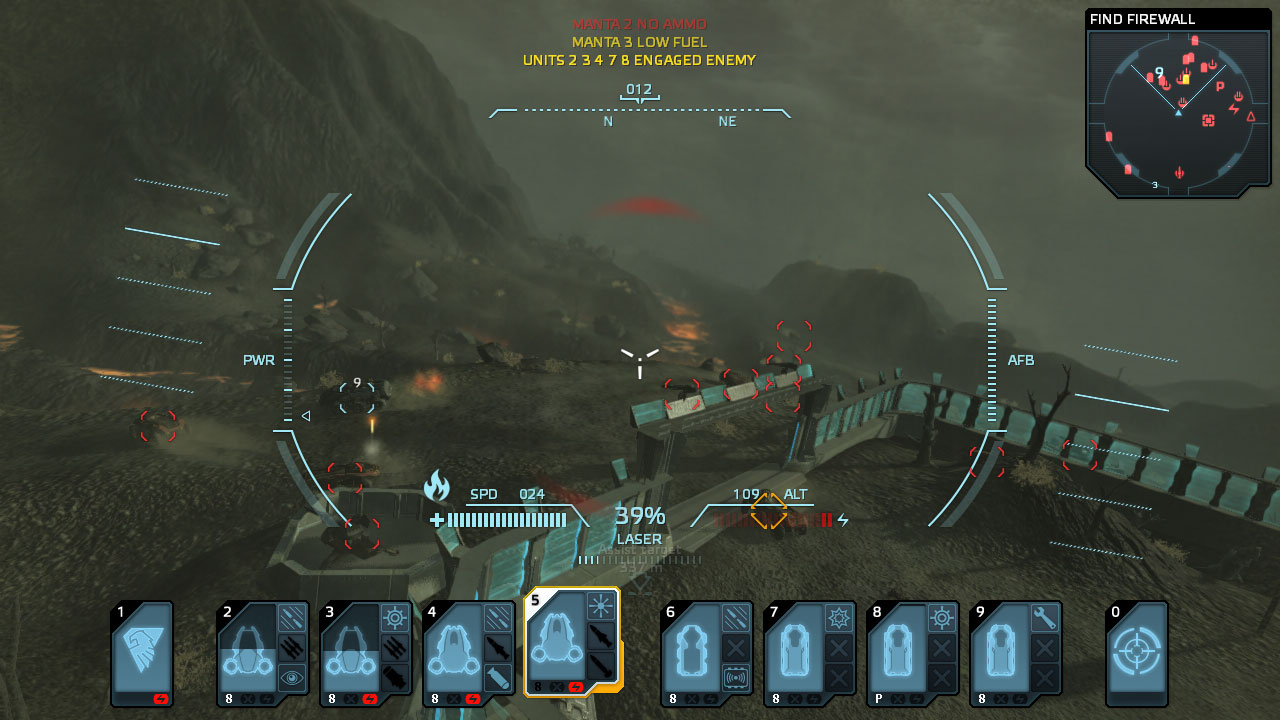
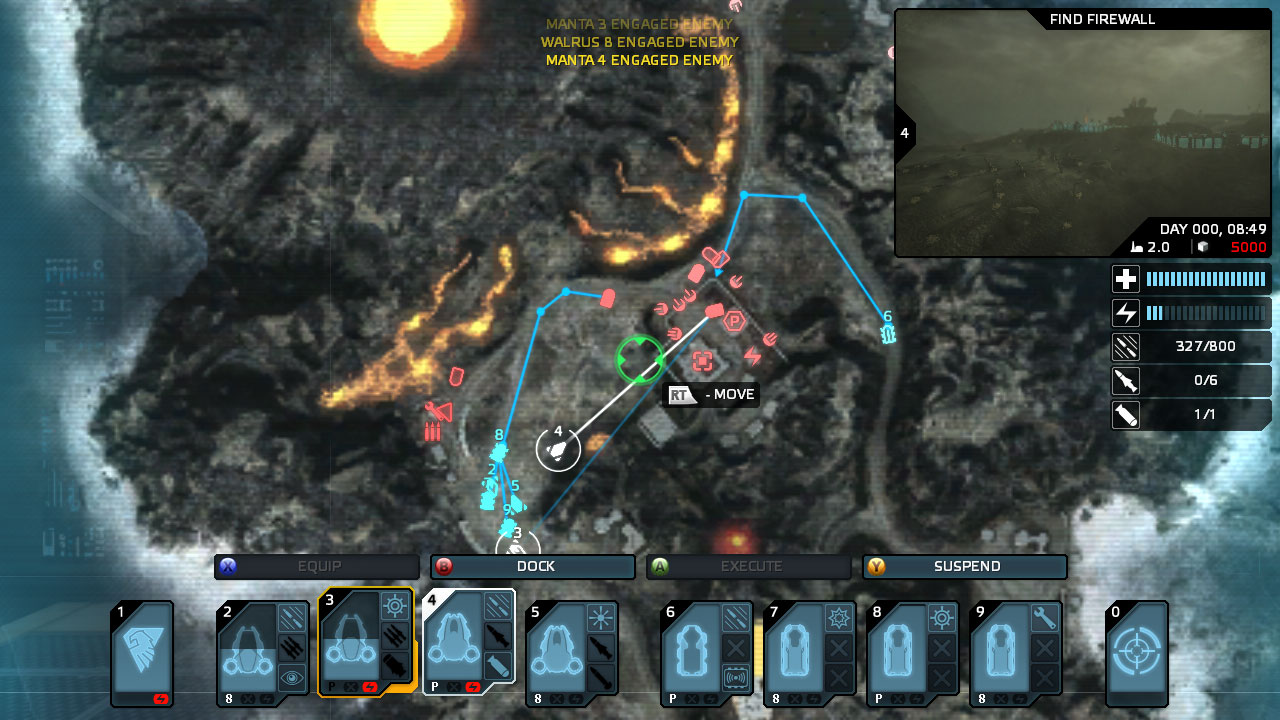
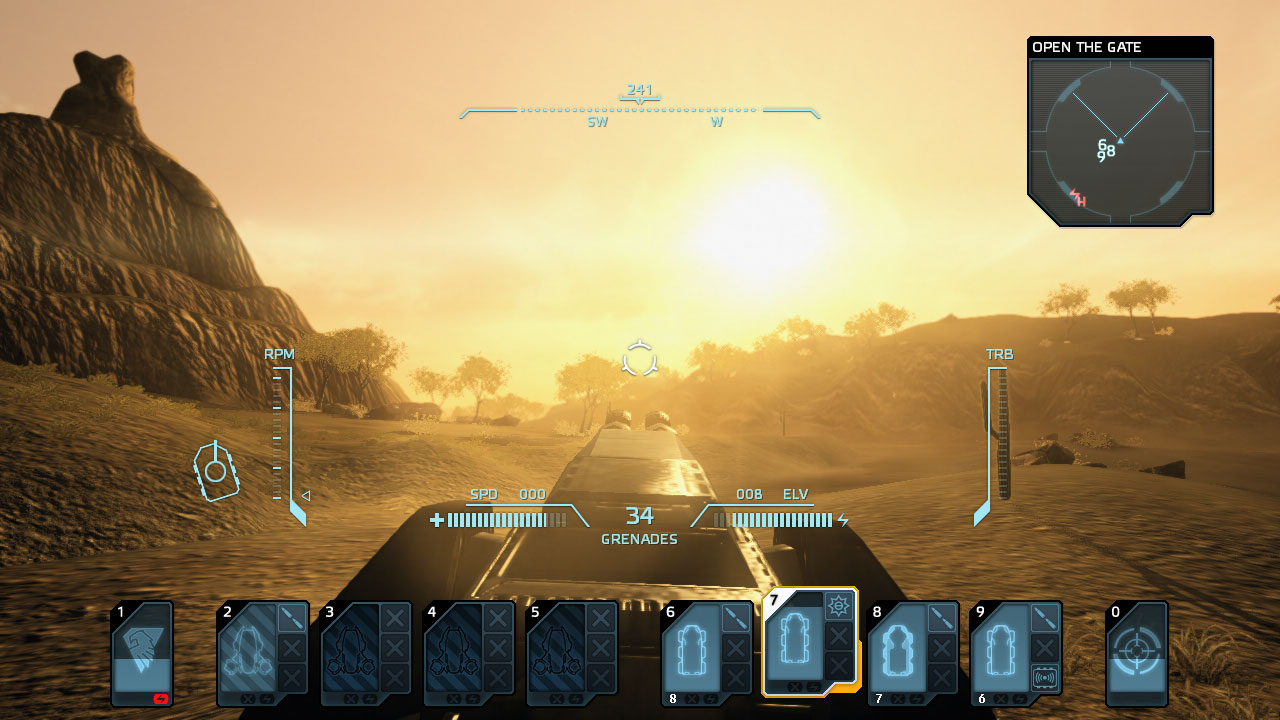
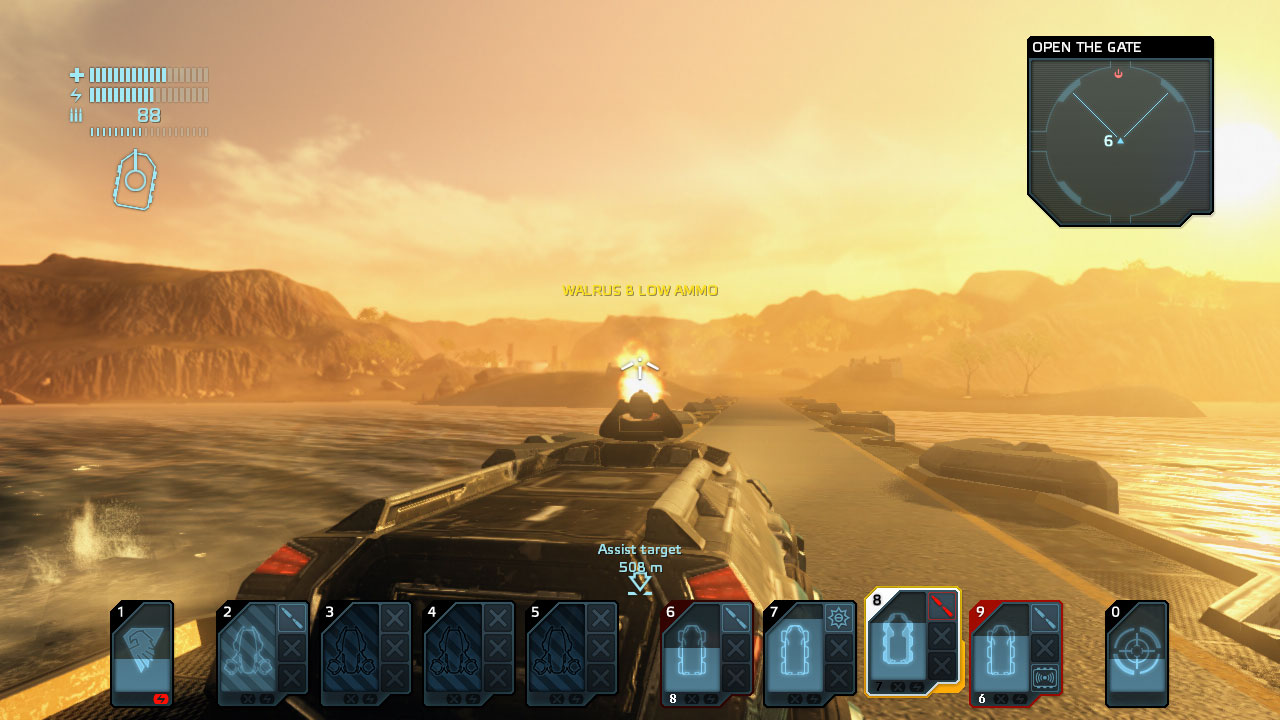
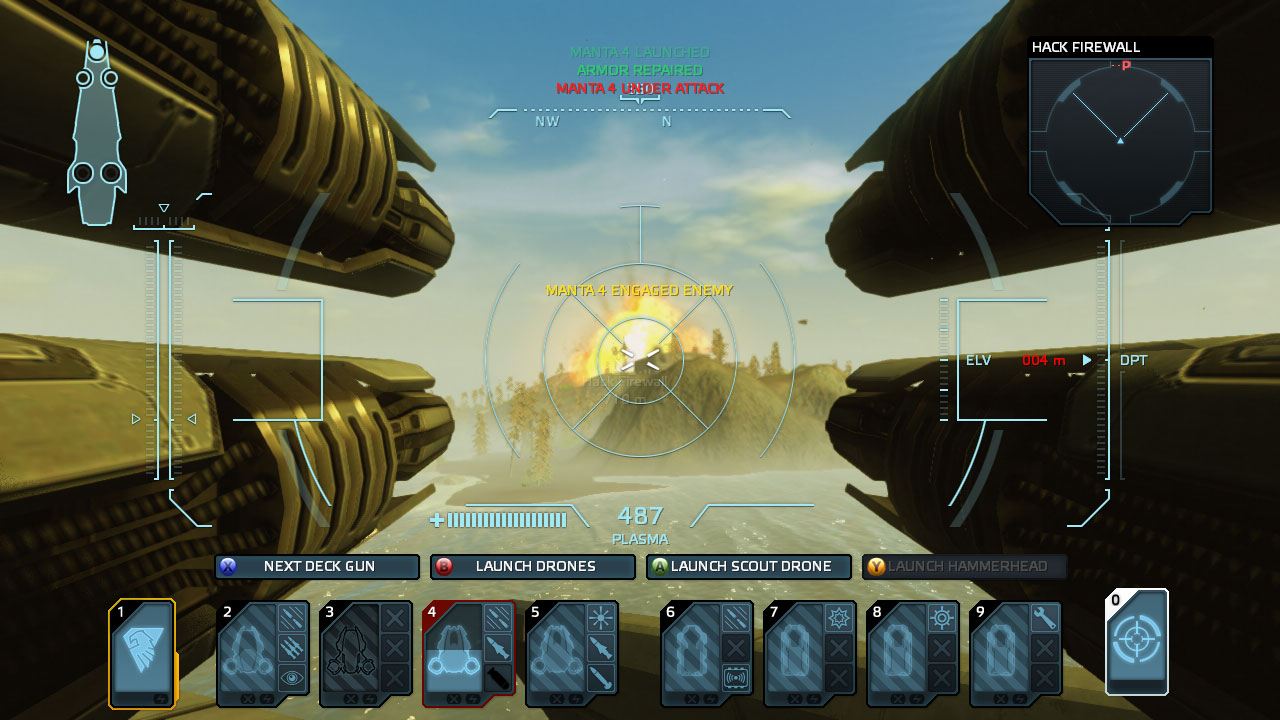
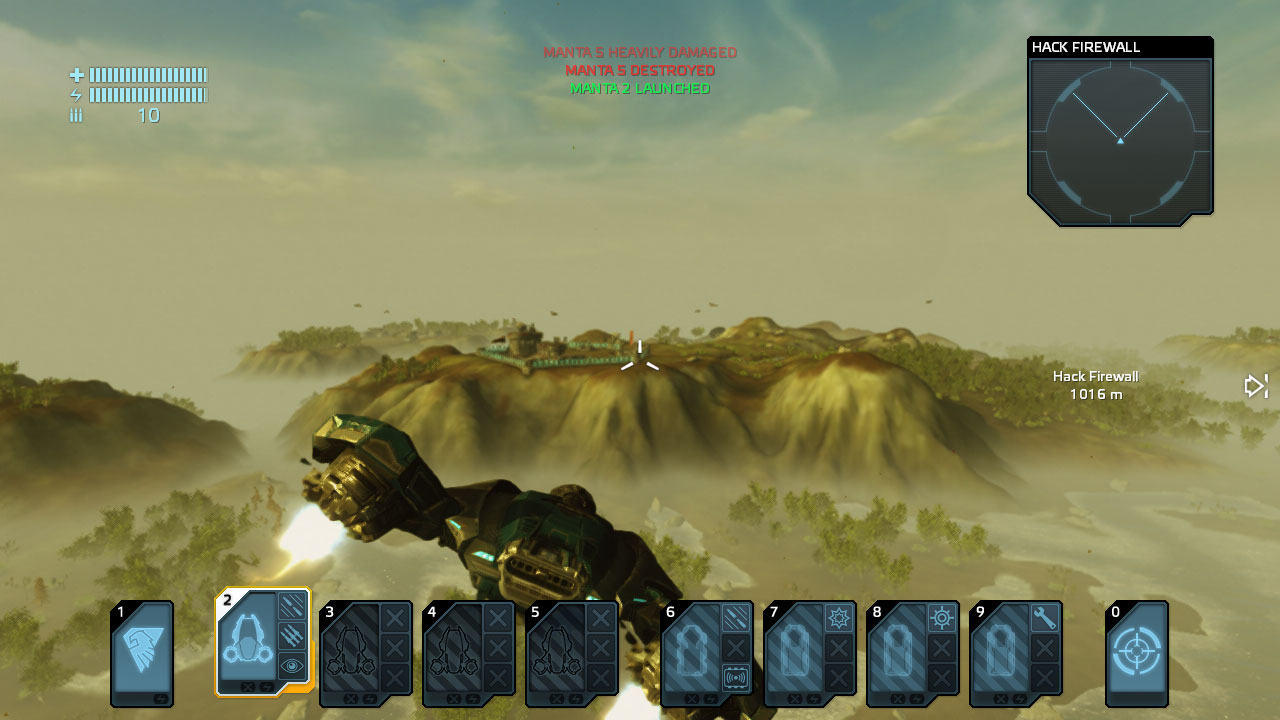
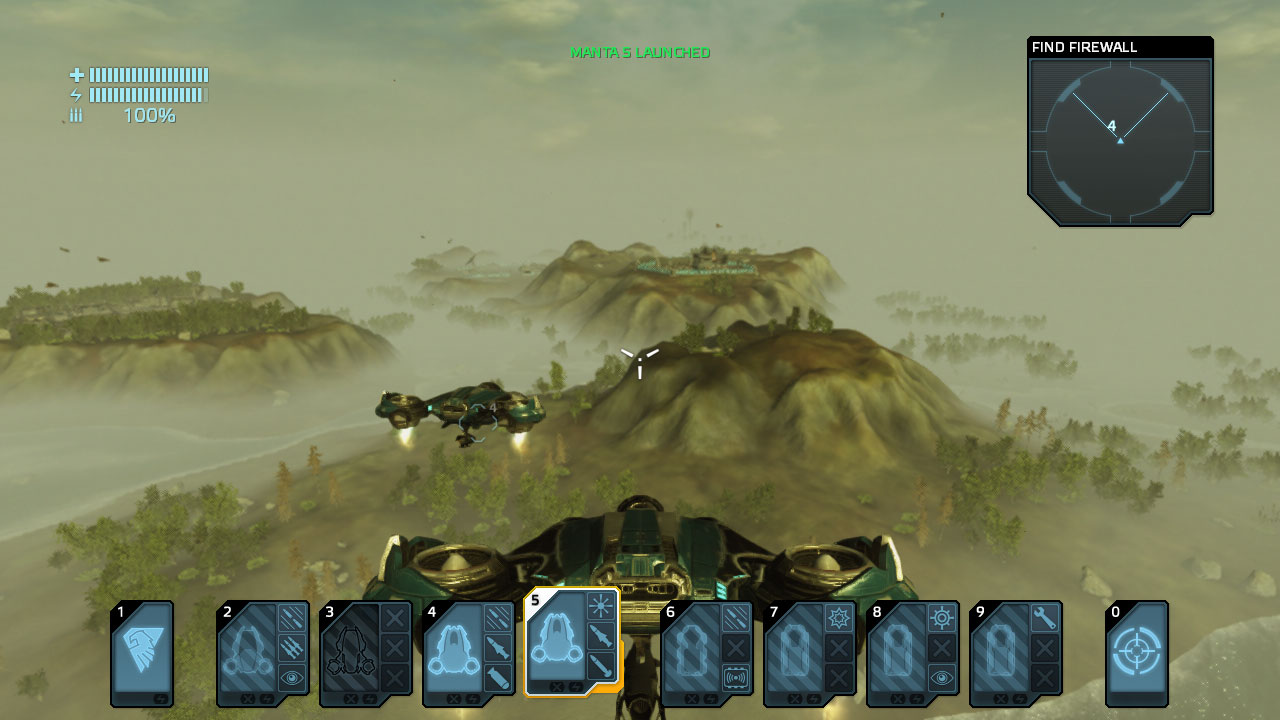
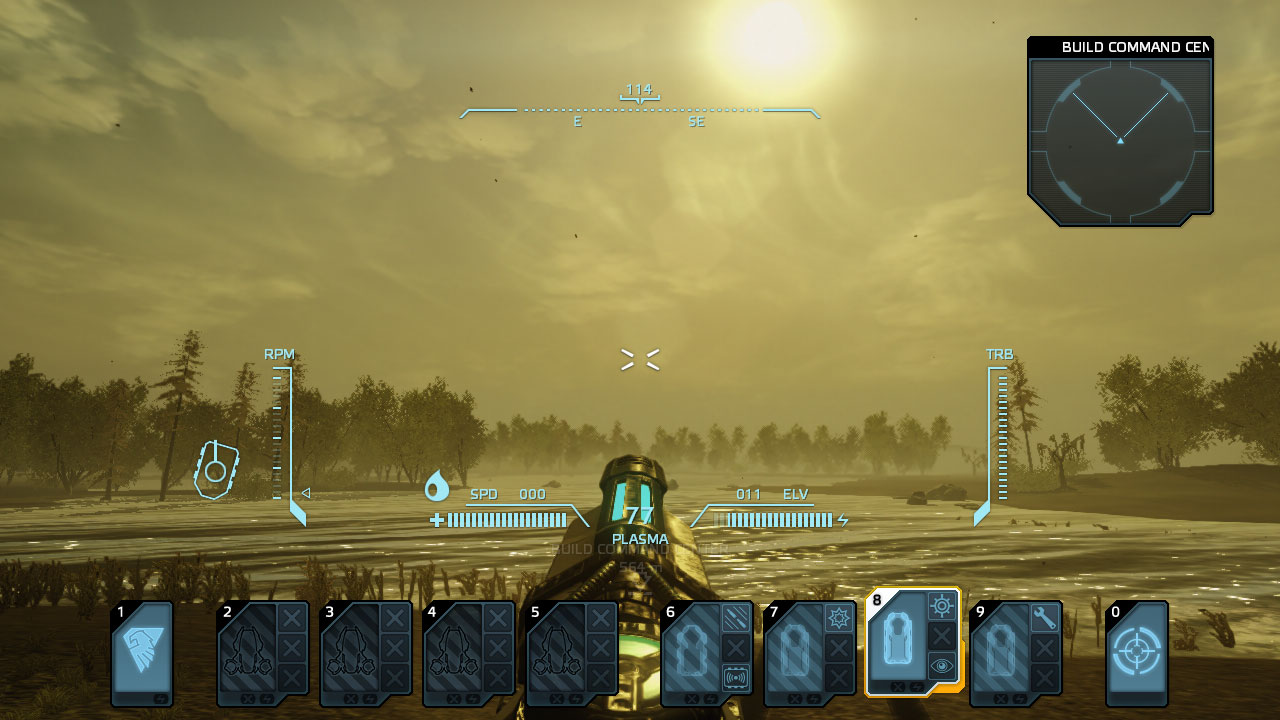
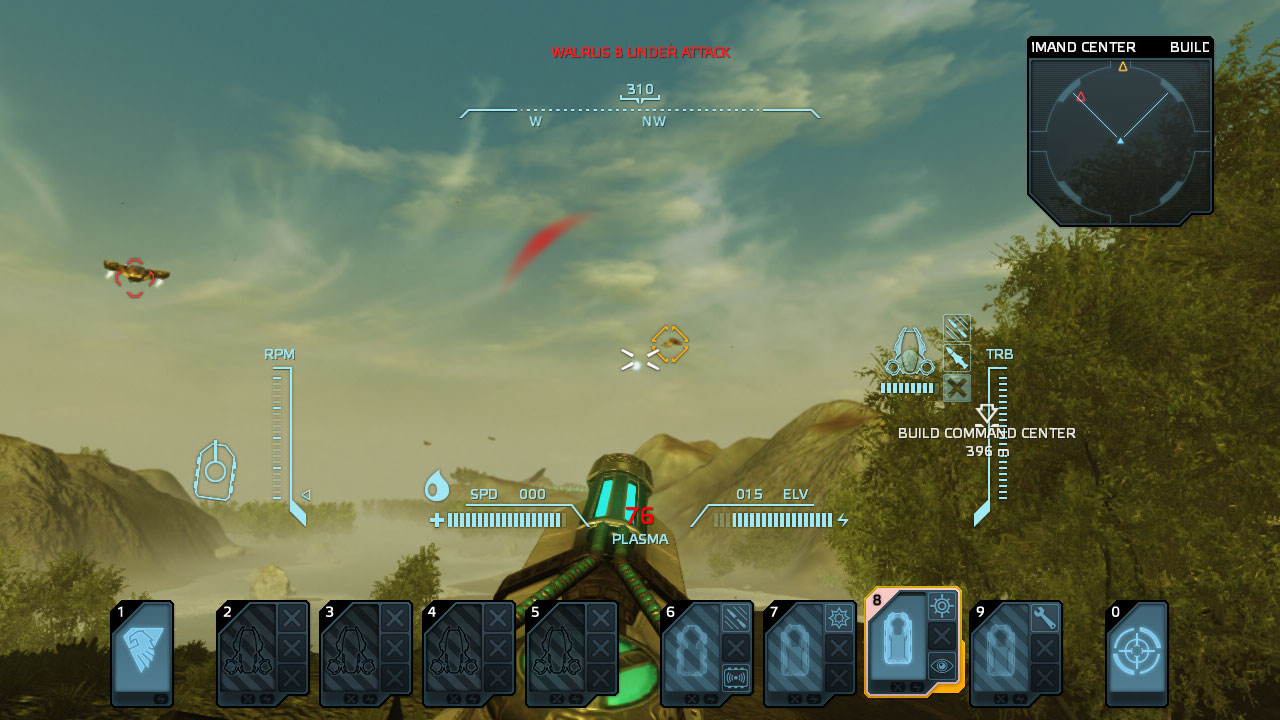

Lucas Sullivan is the former US Managing Editor of GamesRadar+. Lucas spent seven years working for GR, starting as an Associate Editor in 2012 before climbing the ranks. He left us in 2019 to pursue a career path on the other side of the fence, joining 2K Games as a Global Content Manager. Lucas doesn't get to write about games like Borderlands and Mafia anymore, but he does get to help make and market them.
Besides Minecraft, Carrier Command: Gaea Mission might be one of the most PC-centric games to ever make the jump to the Xbox. Based on a 1988 vehicle sim / strategy game hybrid (on a floppy disk, no less), Bohemia Interactive is bringing the original’s basic premise to the modern day systems with a retail release on both PC and 360. Best known for developing the cult ArmA military shooter series, Bohemia aims to strike the balance between new and old mechanics with the revamped Gaea Mission.
The parameters for achieving success in the game are quite complex, but at its core, Carrier Command is a game about taking control of island territories with remote-controlled drones of airborne and amphibious nature. You’ll play as the captain of the titular Carriers, gigantic ships that house and deploy smaller vehicles for reconnaissance and capturing territory. The gameplay takes place on a massive scale, with all the battles and exploration taking place on an archipelago consisting of 33 unique islands. Covering every inch of terrain in this game could very well take hours, if not days. There are six climatic zones on these islands, as well, ranging from desolate deserts to low-visibility arctic atolls.
To bolster your forces, create supply lines, and eventually defeat your enemy, you’ll need to branch out between these islands in search of the enemy carrier, with “shoot it ‘til it’s scrap metal” being the end-all be-all goal. Accomplishing this means issuing orders and taking on-the-fly, first-person control of your units, comprised of either Manta or Walrus vehicles. The Walrus is an amphibious, all-terrain tank that’s as comfy cruising underwater as it is on land, while the Mantas control the airspace with machine guns and high maneuverability. Each vehicle has offensive and defensive stances, and you’ll have to balance giving them orders and assuming control of them to turn the tides in your favor. Oddly, you can only have eight units at a time (four of each) – that said, if your carrier is under attack from the enemy’s vehicles, you can man the ship’s massive cannons to protect it.
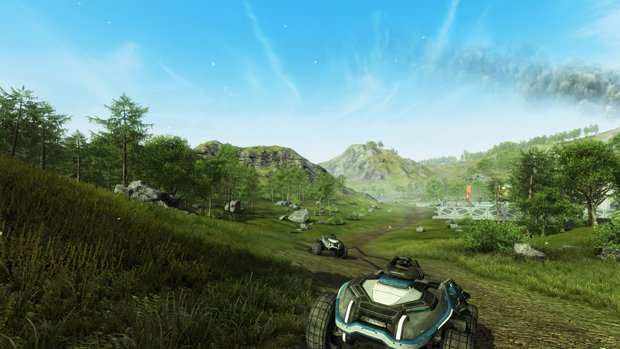
These island-based vehicular engagements will take place in one of two modes: a story campaign, or a generic strategy showdown. The campaign offers a storyline where the original had none, centered around four marooned space troops who find a downed carrier and take control of it (to fight what, we don’t know). The story mode will include first-person shooter segments as well, though they definitely take a backseat to the vehicular combat. The other mode is a simple “search and destroy” scenario, where you must slowly branch out your island territories to corner and obliterate the opposing carrier.
Everything about Carrier Command screams “PC” – the complex controls, huge scale (with impressive draw distance), and focus on vehicular simulation feel like the games that Bohemia is known for. But we can’t fathom the decision to make the game single-player only; everything about the gameplay seems like it would be infinitely more fun with a friend at your side, or facing off against you.
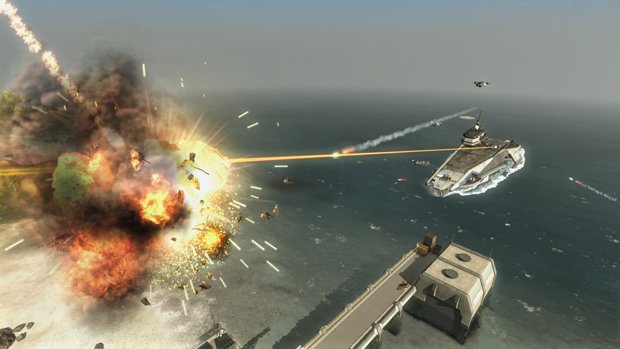
It’s not quite a real-time strategy game, due to the general lack of units, though you can customize your Walrus and Manta builds with customizable chasses and weaponry. But if you’re the niche gamer that Gaea Mission is targeted at, look forward to maneuvering Mantas and driving underwater with the Walrus when the game’s released around late September/early October.


